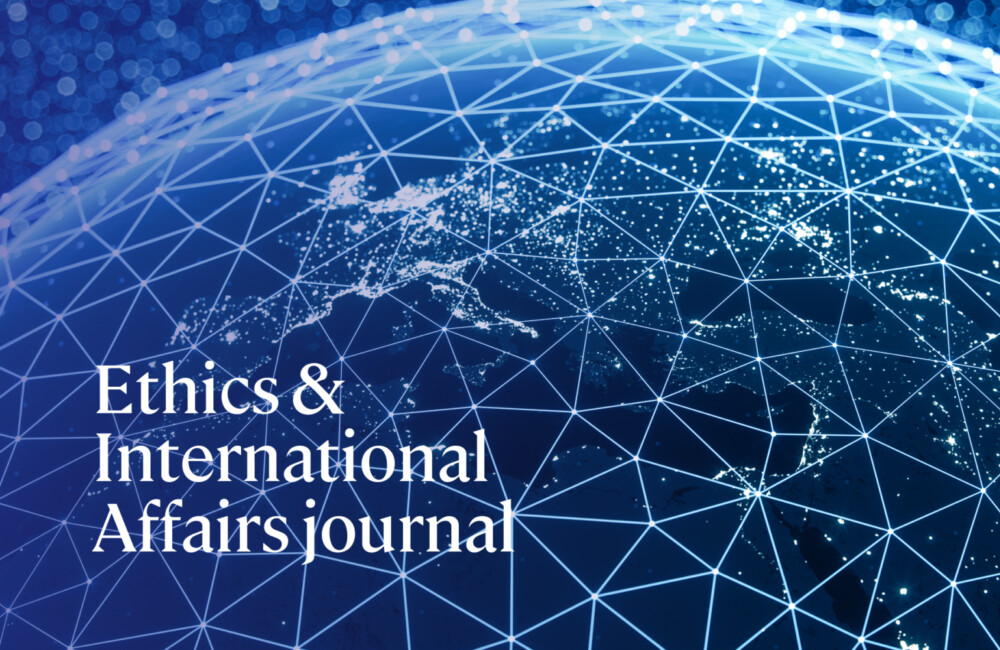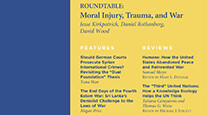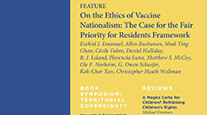Present arrangements governing the accumulation and discharge of debt by states are difficult to justify fully on the basis of underlying normative considerations. States are different from individuals in important respects, and the deontological justifications that explain why individuals have a strong burden to abide by promises to repay do not straightforwardly apply to countries. Consequentialist considerations must play a central role in determining what norms should govern the accumulation and discharge of sovereign debt. Modified background norms for the accumulation and discharge of international debt which permit countries' repayments to be made formally contingent on specific circumstances and the reasons that these circumstances have arisen are more likely to be morally justifiable than the existing rules, which in general require countries to repay their debts according to an inflexible schedule. Modified rules for the accumulation and discharge of international sovereign debt can codify the moral and legal basis for existing ad hoc deviations and present a justifiable framework within which international lending and borrowing can take place.
To read or purchase the full text of this article, click here.



